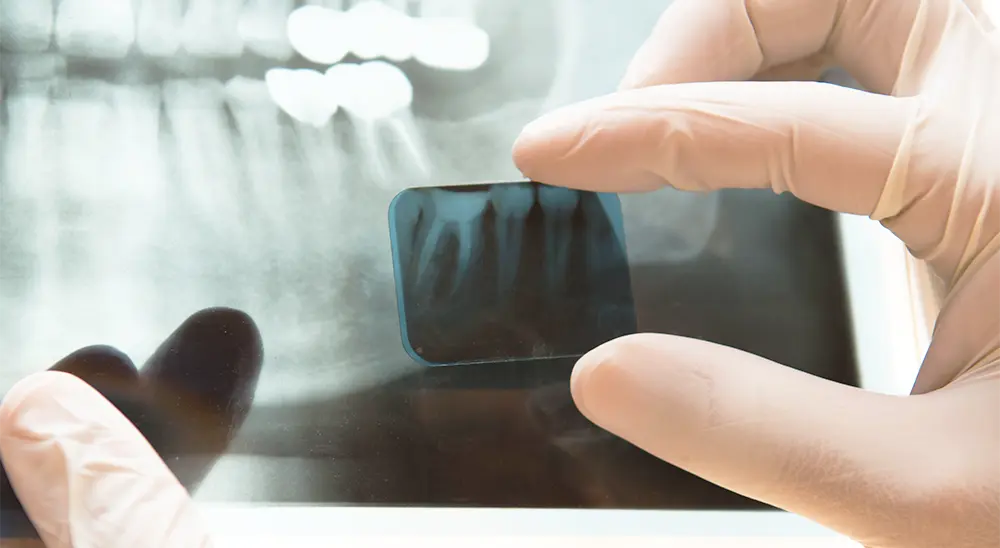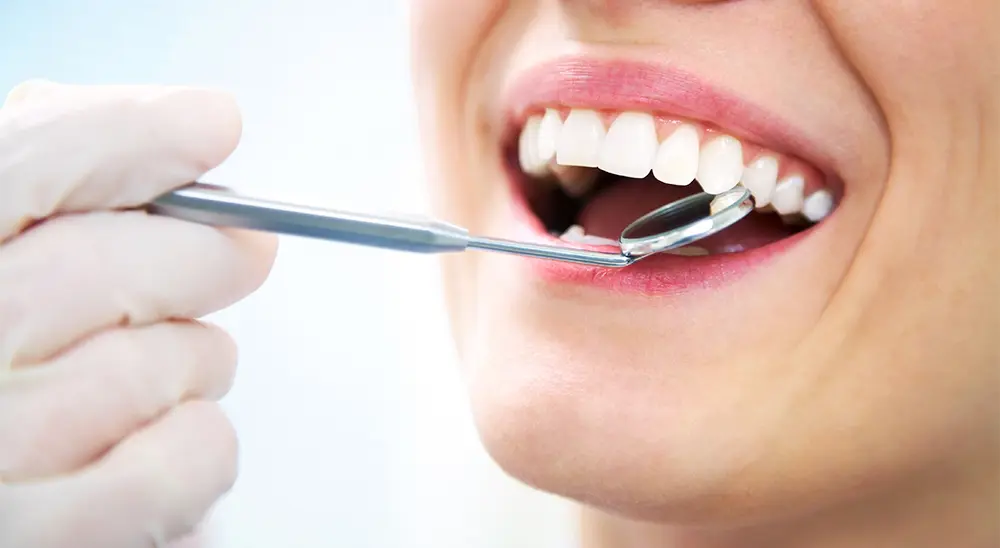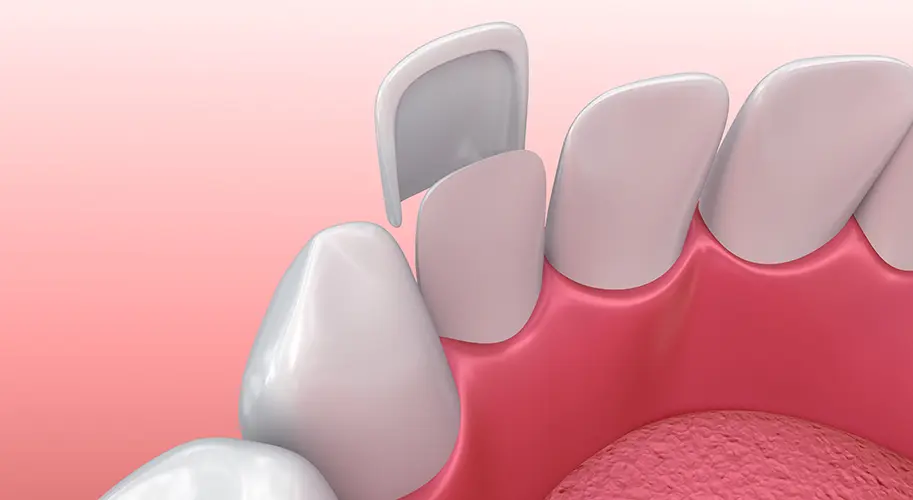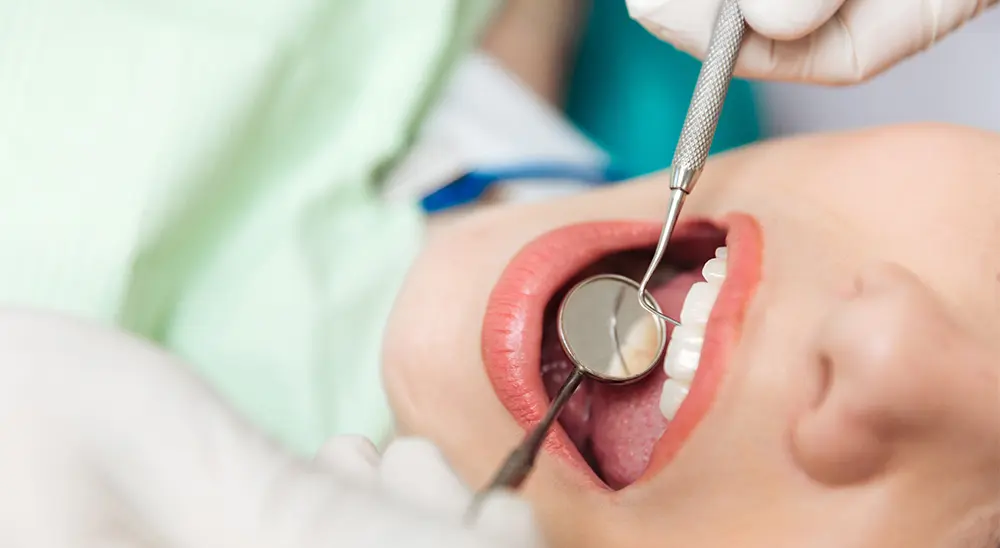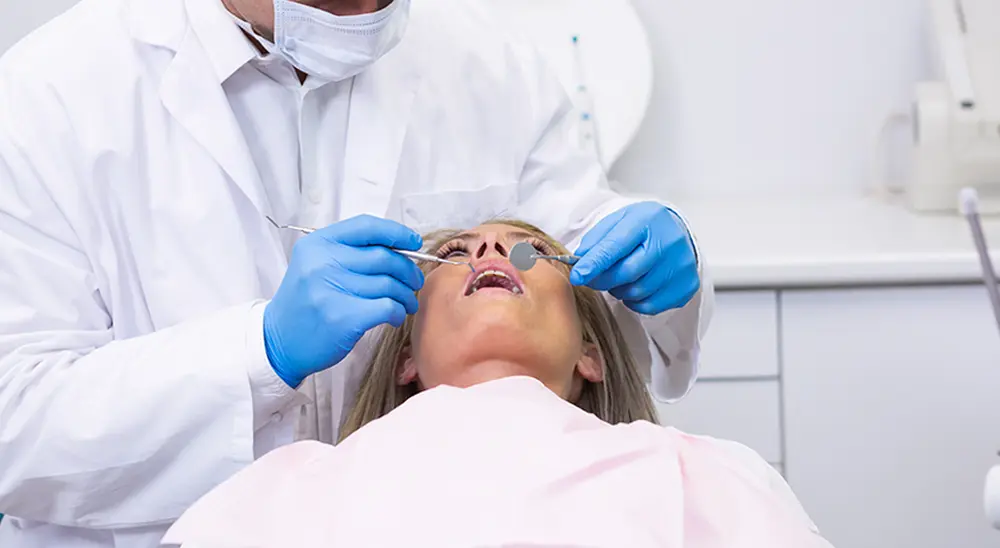
Are basal implants and bruxism compatible?
Griding and tightening of teeth during sleep? Can you still place dental implants?
If you follow our blog, most certainly you have noticed, that we explore topics that daily come up from our current patients and potential patients. Which is why today we will discuss the topic of bruxism and implantological treatment. Is it possible to undergo a dental implant procedure of placing dental implants if you suffer bruxism? What is bruxism and how can you treat it? You will find the answer in our next article! Enjoy reading!
What is bruxism/ bruxomania?
Bruxomania is a parafunctional reaction of tightening the teeth in a static position, without movement of the lower jaw.
Bruxism (Caroli’s phenomenon) is a parafunctional reaction of grinding the teeth, which happens in lateral and anterior- posterior sliding movements of the lower jaw under the action of highly intensive masticatory muscles.
The injuries caused by these parafunctions are expressed in pain in the mandibular joint and masticatory muscles, changes in the hard tooth tissues (dental abrasion), fractures in ceramic restorations, damages to left dental implants and others.
What are the symptoms of bruxism?
Signs and symptoms of bruxism may include?
– Grinding and tightening of teeth, during sleep.
– Erupted dental crowns and damaged tooth enamel.
– Increased pain in the teeth and sensitivity.
– Tired or tight jaw muscles or locked jaw, which cannot be fully opened or closed.
– Pain or soreness in the jaw, neck or face.
– Pain in the ear area.
– Headache, starting from the temples.
Can the patients suffering from bruxism go under implantological treatment with dental implants?
As you already know, tightening and grinding with teeth can turn out to be great pressure, not only for the teeth but also for the jaws. This unfortunately, can damage not only your natural teeth, but also the implants that have been placed.
It is essential what type of implants are placed and how they have been designed. Dental implants are necessary to integrate well around the bone, for a successful process called osseointegration, through which new bone cells are formed around the dental implant. In this way the dental implants become immobile and this eliminates the risk of rejecting the implant.
The presence of bruxism in general does not necessarily mean that you cannot have dental implants, but it is crucial to consider the potential effect of bruxism on dental implant treatment. Usually, bruxism is successfully treated by creating special occlusal splints of transparent elastic plates. The splints are put on in the evening (during sleep) and protect the teeth from the consequences of the bad habit. The night splint prevents contact of the teeth, disturbing the entire arch and reducing the pressure of the dental implants.
Using a night silicone splint and properly designing dental implants can reduce the excessive force created by clenching and gnashing your teeth and helping to make your dental implant treatment completely successful.
If you suffer from bruxism, do not hesitate to contact us for an individual consultation with our specialist, through our contact forum.



